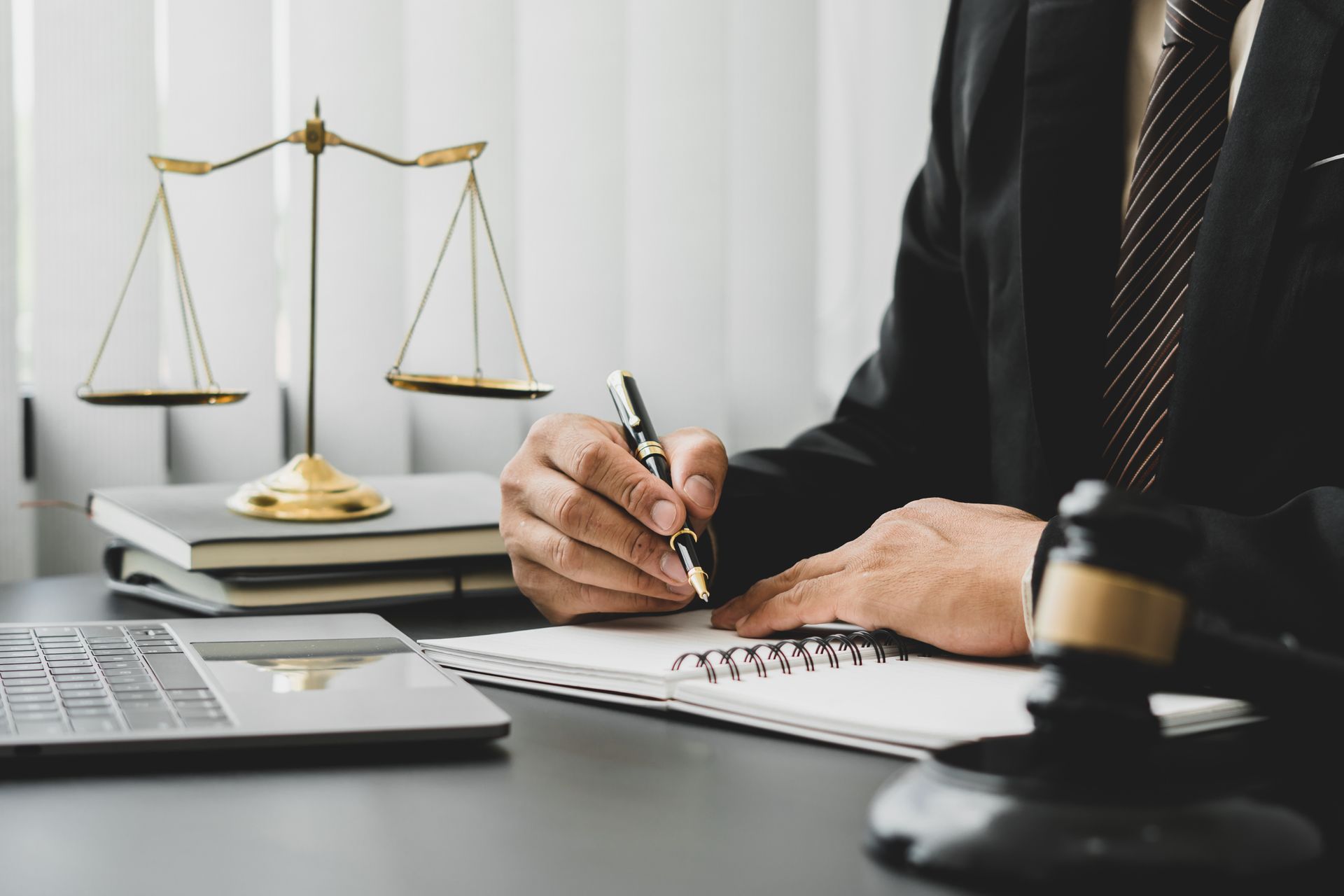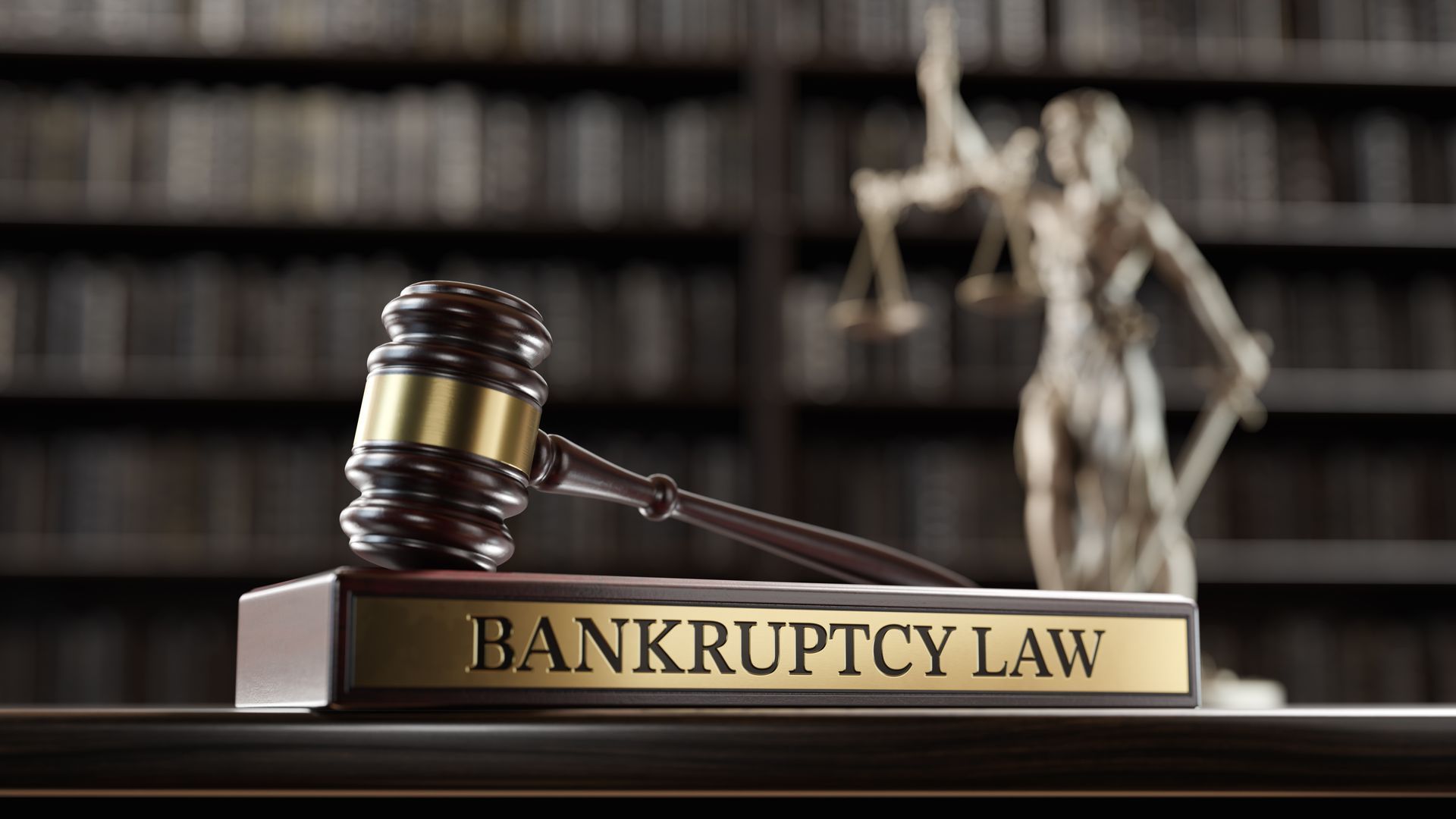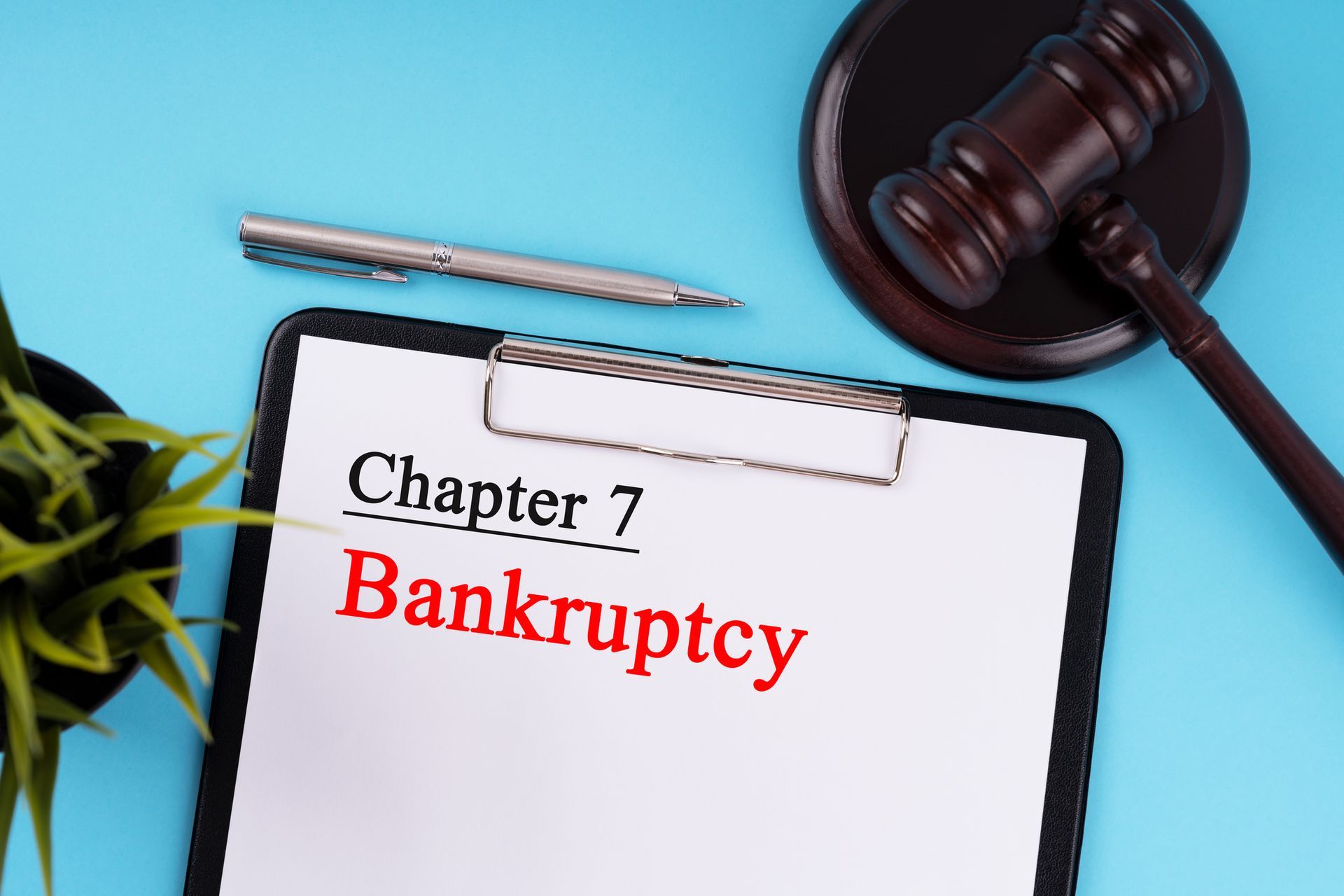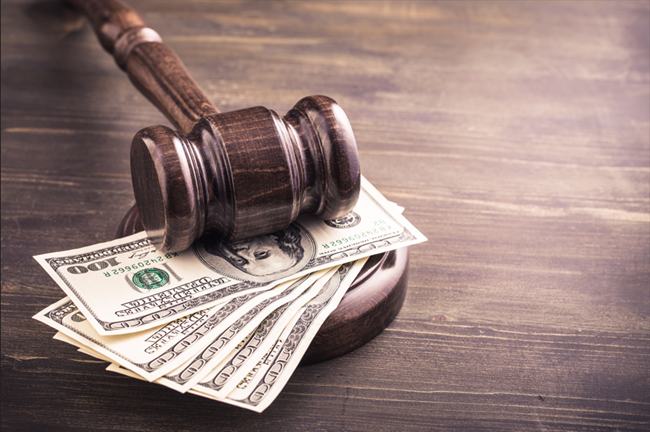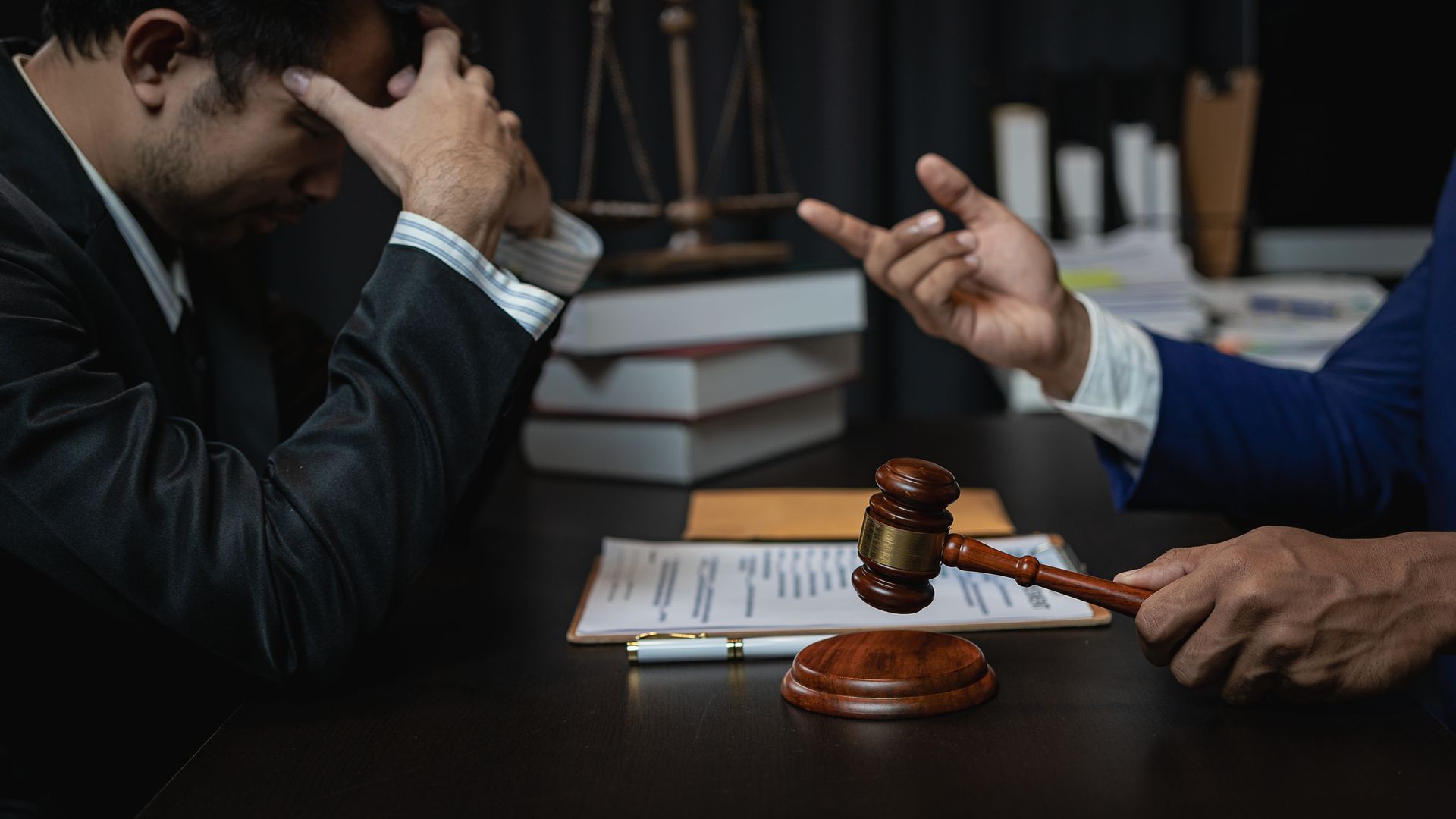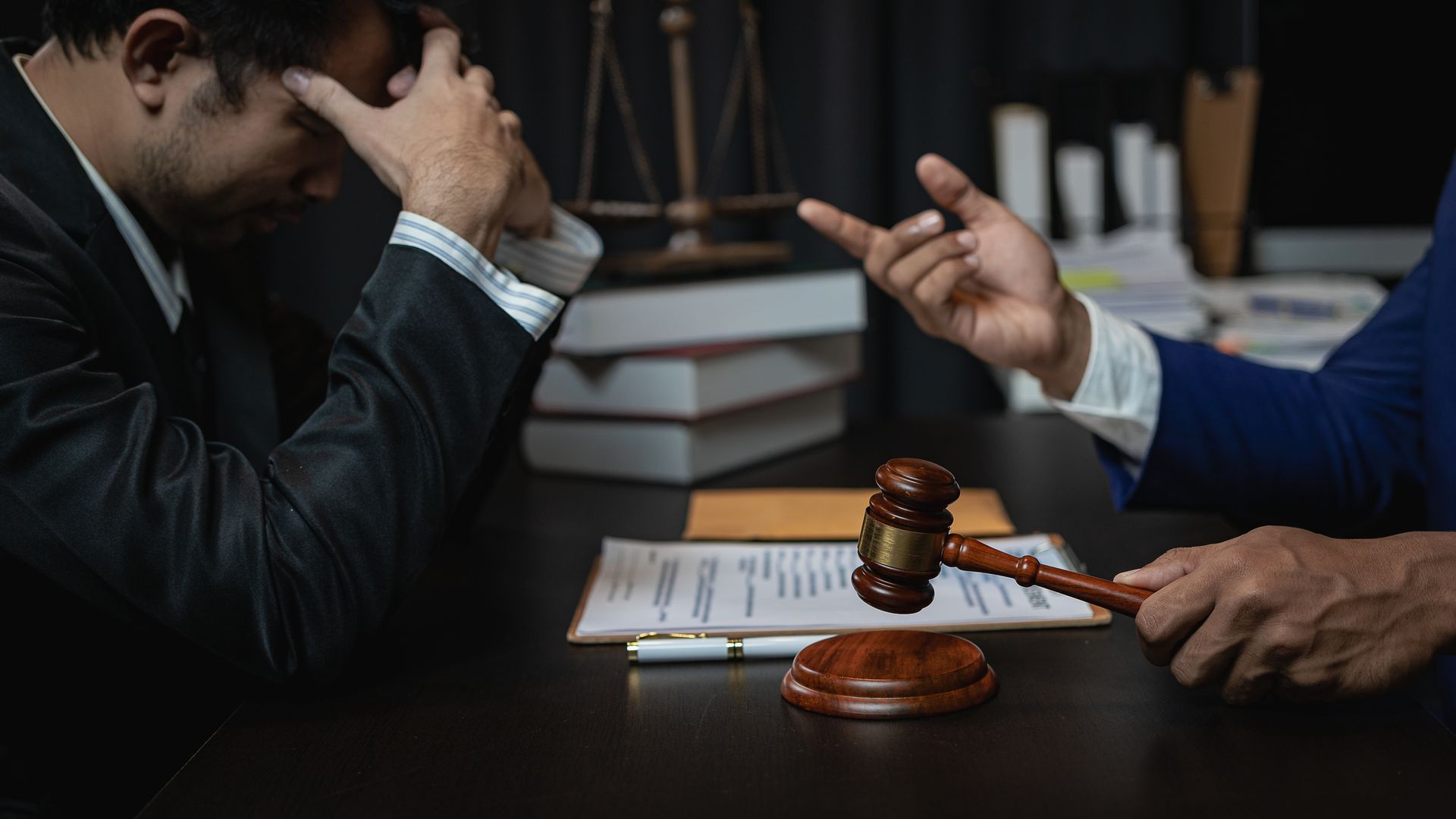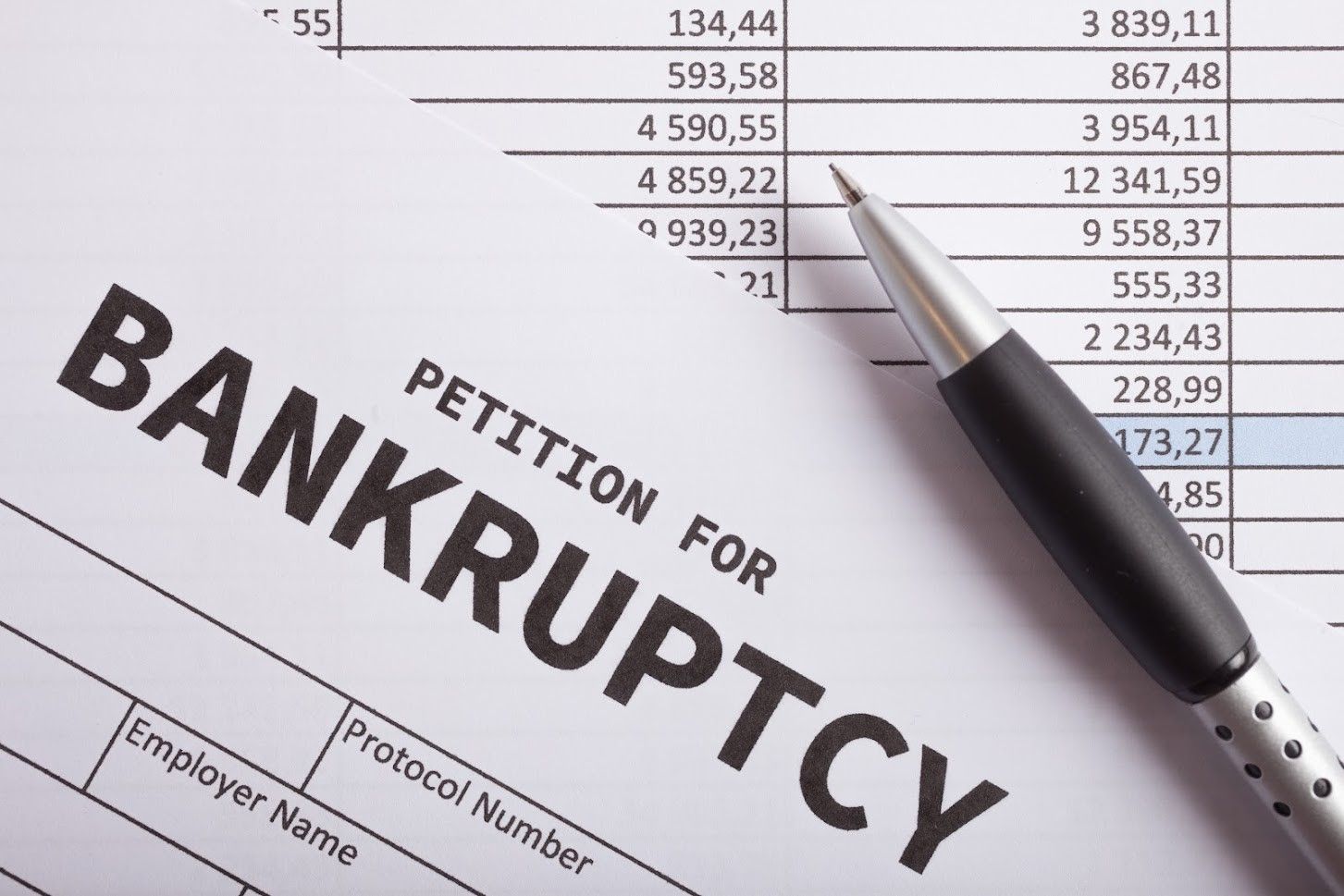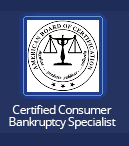Bad Habits Can Be Broken: Post-Bankruptcy Financial Tips
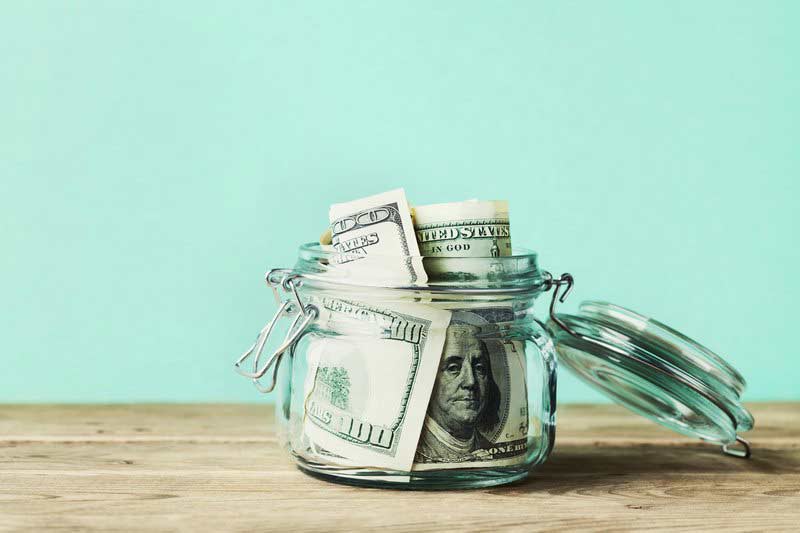
Bankruptcy is used by millions of people each year to help get out of debt. This debt could have been from an unexpected emergency, such as a medical problem or loss of a job, or it could have been accumulated over time from poor spending habits. You should use bankruptcy as a means to get out of debt, not as debt relief every couple of years. Bad habits can be difficult to break but not impossible. See below for some helpful tips to building your credit and staying on budget after bankruptcy.
Open A Savings Account
If you didn't already have a savings account, now is the time to open one up. Check with your local banks or credit unions for the best interest rates on savings accounts. Also, look into a money market account, which may offer a higher interest rate but will require a higher deposit or balance to be kept in the account. A savings account should be kept in case of emergencies. You should have enough money in the account to cover a few months’ worth of your expenses. This way if an emergency comes up, you have the money to cover it and won't have to get a loan or use a credit card to get by. To help you save money, have the money automatically deposited into the savings account from your paycheck, or you can use an automatic transfer set up through your bank. You can also use short-term goals to help you save money, such as getting to a specific dollar amount in three months’ time.
List Your Monthly Expenses
Write out all of your monthly expenses. Even after bankruptcy, you still have monthly expenses, such as food/necessities, gas, cable, water/sewer, electric/gas, and mortgage/rent. Record any other expenses from assets you kept from the bankruptcy. List out all of your expenses and keep track of what is owed, how much the payment is, and when it is due. Make a plan for when you will be paying these expenses so you don't miss anything throughout the month.
Keep Track Of Your Income
Also, be sure to list your income (all means of income). Subtract the expenses from the income, and this is what you have leftover at the end of the month. The excess should be placed into a savings account; it should not be spent. The extra you have leftover in your account can also be used to pay down any debts you still owe to pay it down much faster.
Open A Credit Card Account
After bankruptcy, you may steer clear of credit card applications, but applying for one is actually a good thing. You don't have the greatest credit after filing for bankruptcy, but a new credit card that you keep paid off will help increase your credit score. Look for a credit card that offers the lowest interest rate, and apply for it. The interest rate may be on the high side, but it may drop over time. Make small purchases for things you would use every day that you can pay off quickly, such as groceries and gas. Pay off the debt as soon as the bill comes in or before interest accrues. This habit will show that you can pay off your purchases and have a credit card with a zero balance, which is great for your credit rating. Whether bad habits or an emergency is the reason for your bankruptcy filing, you can regain your financial foothold by following the tips above after your bankruptcy. Make an appointment today with Charles J. Schneider, PC for help with your bankruptcy filing and for information about life after bankruptcy.

